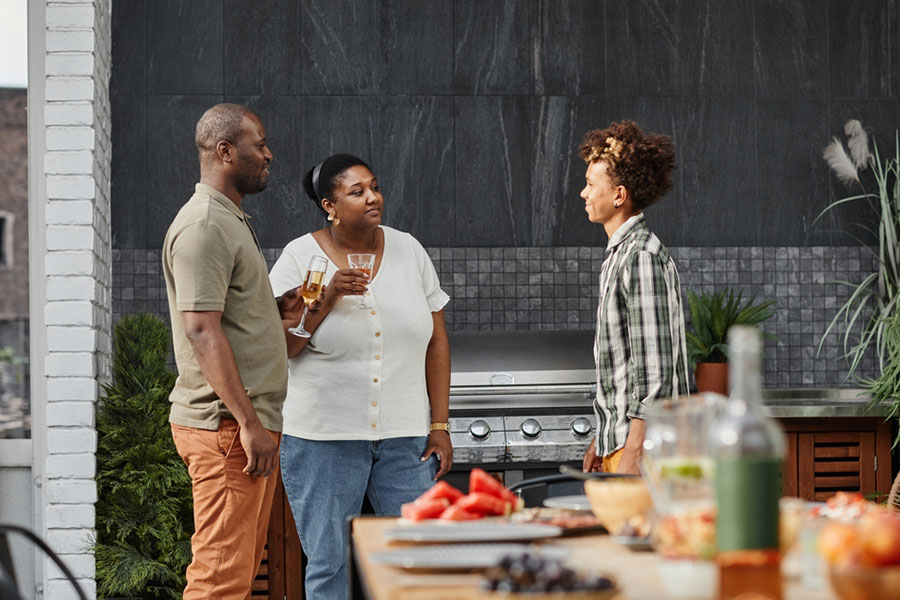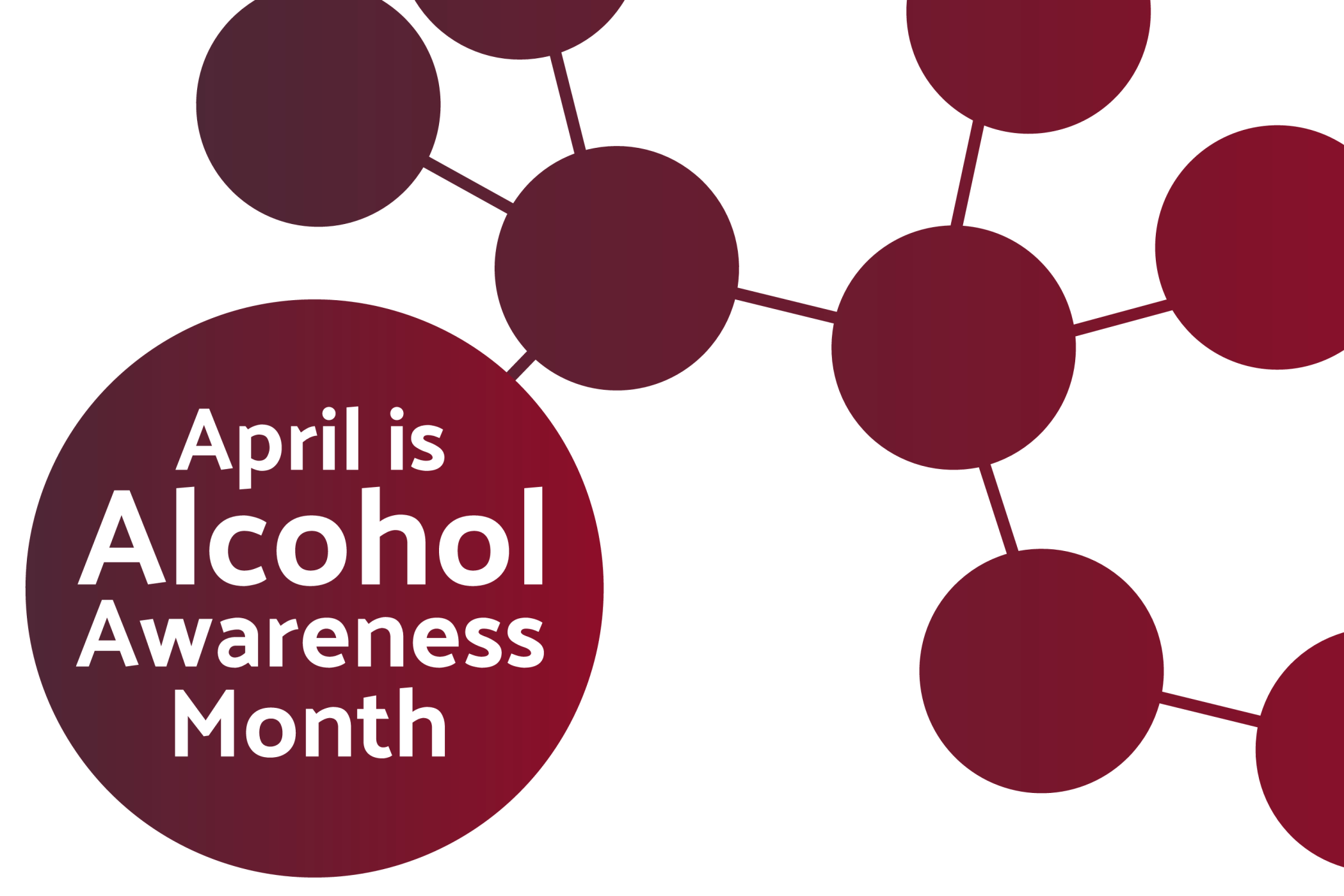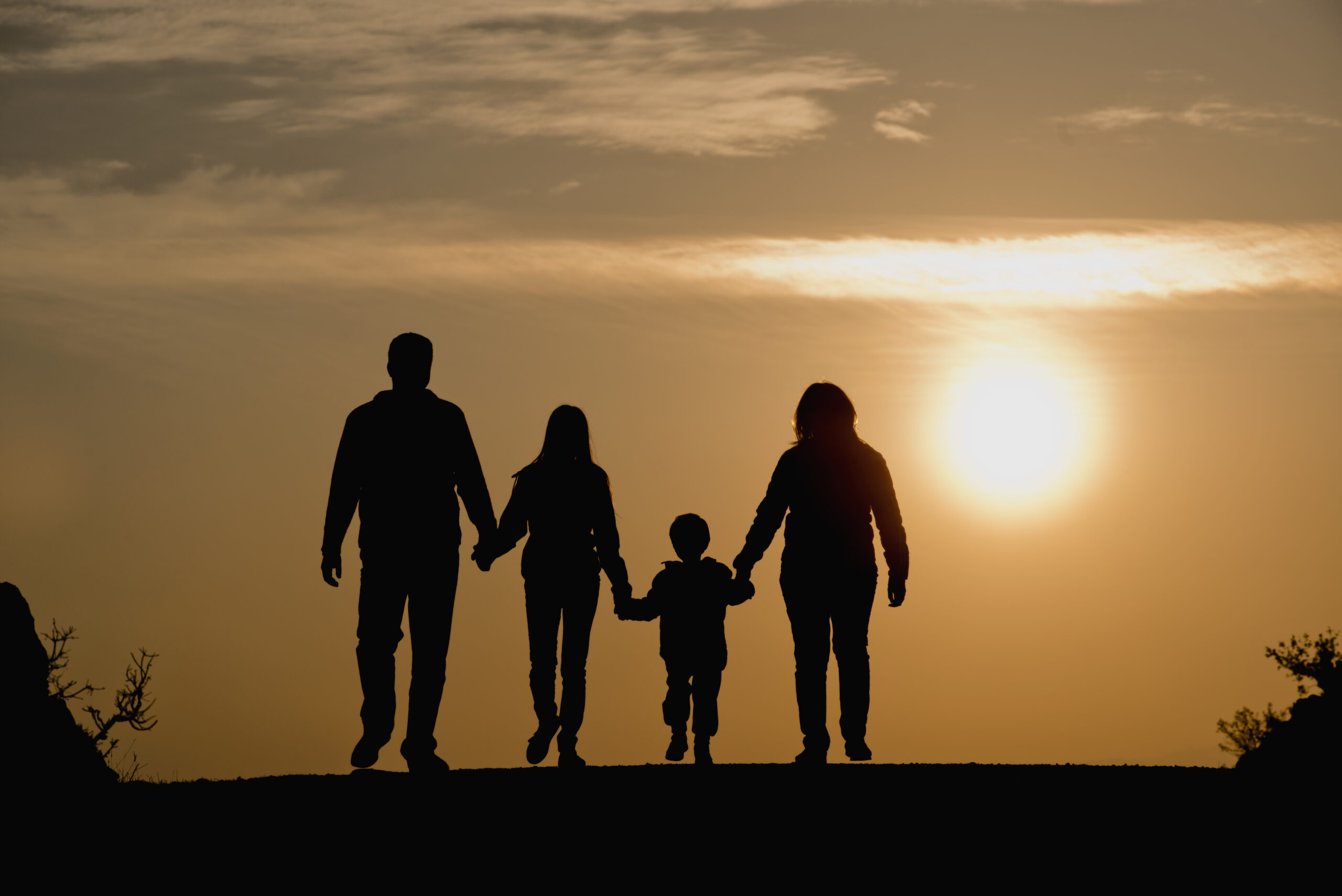How to Talk To Your Middle Schooler About Alcohol

By the time kids become tweens, most of them have been exposed to alcohol in person or on television or social media. That’s why it’s especially important to talk to middle schoolers about underage drinking. They’re undoubtedly forming opinions about substance misuse, and they need to hear from responsible influences who care about their health and wellbeing.
Middle school is a tricky phase for many kids and their parents as tweens begin to navigate the early years of peer pressure and misinformation. They need a trusted resource to provide the facts and relay the risks and consequences of underage drinking.
Why It’s Important To Start the Conversation Early
Children begin to think positively about alcohol between the ages of 9 and 13 years, according to a report from the American Academy of Pediatrics. According to the same report, 21% of kids under 13 say they have had more than a sip of alcohol.
The likelihood that children will participate in underage drinking only increases with age, so talking to middle schoolers about alcohol can help them understand the risks and feel confident to make healthy choices throughout adolescence.
Tips for Talking to a Middle Schooler About Alcohol
Parents and the parenting community tend to worry about saying the wrong thing or giving their kids too little or too much information when it comes to difficult topics like alcohol or drug use. The following tips can help them approach the topic with ease and make a lasting, positive impact on their children’s lives.
1. Talk Often.
Rather than having “the talk,” an often-dreaded conversation about difficult topics like sex or substance misuse, take off some of the pressure by approaching these chats in casual bite-size pieces that fit naturally into everyday conversation.
For example, movies, TV, music, and social media can initiate conversations about topics like underage drinking. If you see alcohol in a movie or you hear a reference to drinking and partying in a song, ask your child what they think about it or how the content makes them feel.
2. Ask Open-Ended Questions.
Parents may be surprised what they can learn when they truly engage with their child in conversation. Whether eating at the family dinner table or driving somewhere in the car, ask your child open-ended questions and listen to their responses. Let them know you’re interested in their interests.
Ask them about their hobbies, what celebrities they admire, and about their short- and long-term goals. Find out what music they like. Ask them about their friends and their friend’s families and why they enjoy spending time with them. When you ask a question that requires more than a “yes” or “no” answer, you’ll hear more of your child’s opinions and learn more about their experiences.
3. Explain Risks of Drinking in Personal Terms
Teens and young adults often need help understanding the long-term impact of their choices, and parents can help them connect the dots and understand the risks in terms they can relate to.
For example, children who drink are more likely to have problems in school, according to the CDC. Explain that drinking could impact their ability to get into their top-choice college, especially if they get in trouble with law enforcement for the illegal behavior.
Research shows one-third of teen traffic deaths are alcohol-related, and teens who drink are more likely to be involved in alcohol-related car accidents and suffer unintentional injuries. Explain that an injury could prevent them from participating in sports or other favorite activities.
4. Be a Trusted Resource for Facts.
Children get misinformation about underage drinking in media and pop culture. Help them research alcohol facts for kids from trustworthy sources and spend time together learning about the effects of underage drinking.
For example, there is mounting evidence that shows underage drinking can have devastating impacts on a child’s developing brain. Alcohol slows down brain activity, impacts impulse control, and affects judgment. It can also wire the brain for alcoholism. Kids who begin drinking before age 15 have a 40% chance of becoming an alcoholic, compared to a 7% chance for those who wait until they’re 21 to try alcohol.
5. Establish House Rules and Consequences
Make sure to agree upon house rules and establish consequences if those rules are broken. Those rules can include not drinking until age 21 and never getting into a car with a driver who has been drinking. Consequences can be specific but shouldn’t be overly severe. For example, a consequence can be loss of cell phone use for a week.
6. Help Children Strategize Saying “No”
Unfortunately, most teens will inevitably be offered alcohol by peers. Help them practice how they say no when they’re pressured by other teens to try alcohol.
It can be as simple as “No thanks.” Or “Nah, man, I don’t want to go to that party. Want to come to my house instead?” Another example, “No thanks. I love cheerleading too much to mess with alcohol. I need to be in great mental and physical shape.”
7. Model Healthy Habits and Explain Alcohol Use in Adults
It’s important to model healthy habits and responsible alcohol use as parents. Never drive after drinking alcohol. Adults should also pay attention to how they describe their alcohol use. Avoid describing drinking as a way to relax, and don’t make it sound like a requirement for an event like a wedding or holiday party to be fun.
If children question their parents about adult alcohol use, parents can explain that it’s legal for adults to drink and share how they focus on consuming responsibly.
Talk it Out NC Can Help You Prepare
Talk it Out NC is a resource for parents, mentors, community leaders, and teens who want to prevent underage drinking by having meaningful, factual conversations about alcohol.
With passionate Talk it Out NC Ambassadors active in communities across the state, a wealth of fact sheets, webinars, and resources online, and answers to common questions about underage drinking, Talk it Out NC is making meaningful strides toward ending underage drinking for good. Join us and Start the Conversation with your teen today.



